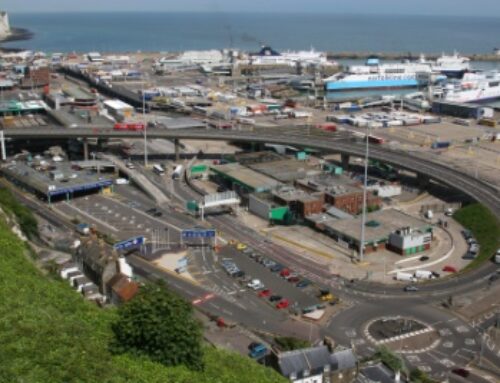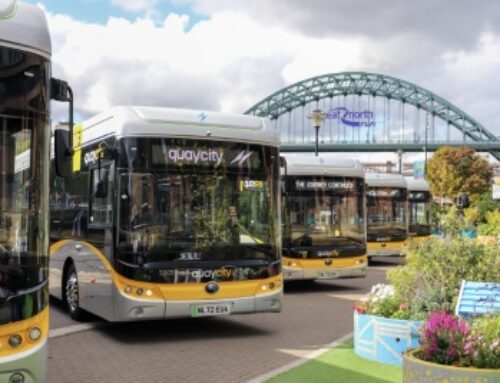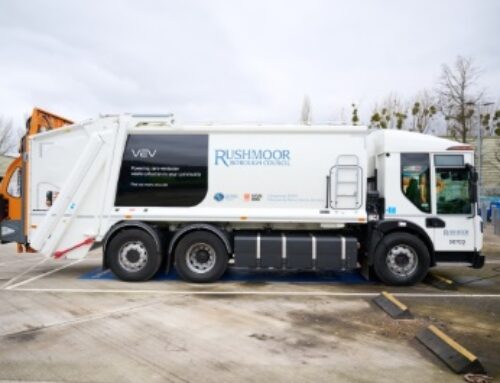TfL launches consultation on ultra low emission zone
 Proposals have been published for a new ultra low emission zone (ULEZ) for central London which, if implemented, would require operators of all diesel trucks and coaches failing to comply with Euro 6 emissions standards to pay £100 per day from 2020.
Proposals have been published for a new ultra low emission zone (ULEZ) for central London which, if implemented, would require operators of all diesel trucks and coaches failing to comply with Euro 6 emissions standards to pay £100 per day from 2020.
The proposals, which are out to consultation until 9 January 2015, would also require investment in Transport for London’s (TfL) bus fleet, so that: “all double deck buses operating in central London will be hybrid and all single deck buses will be zero emission (at source) by 2020.”
Some lighter vehicles would also be subject to a daily £12.50 charge.
The ULEZ would operate within the same boundaries as the existing congestion charge zone (CCZ) – the primarily commercial area within the London inner ring road – and would similarly be enforced through automatic number plate recognition. But unlike the CCZ, the ULEZ would apply at all times of day, seven days a week.
In response to the publication of the consultation, the Freight Transport Association (FTA) said Londoners could benefit from cleaner air sooner than 2020 if fleets were incentivised to act now. It advocated offering a discount on the existing congestion charge for Euro 6 vehicles until the ULEZ comes into force.
Christopher Snelling, head of urban logistics and regional policy at FTA, said: “Businesses are already operating some Euro 6 HGVs today, despite the costs involved. If TfL provided the right incentives, we could ensure that those vehicles are used sooner in central London, which faces some of the most difficult air quality challenges in Europe.
“Offering a discount for Euro 6 commercial vehicles could help ensure that fleets speed up the purchase of newer vehicles and move these cleanest vehicles to the capital today, giving those living and working in central London many of the benefits of the ULEZ right now.”
He added: “Public authorities sometimes seem to only wish to pursue their aims via increased regulation and cost for business. FTA believes that there should be a more balanced approach, with positive measures to support industry in improving quality of life also used.”











